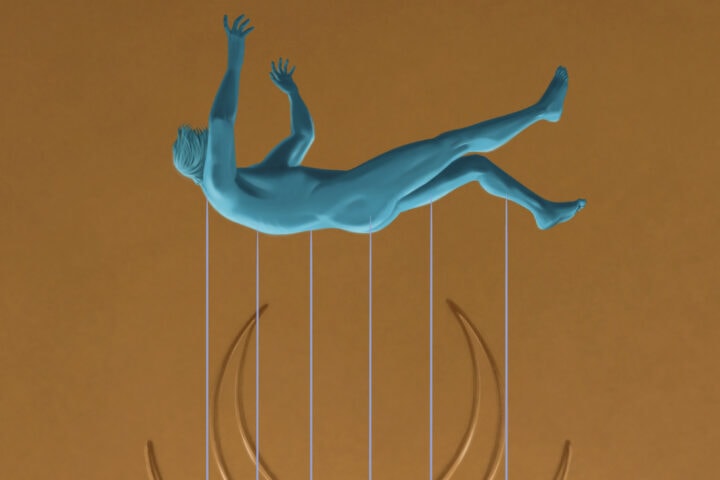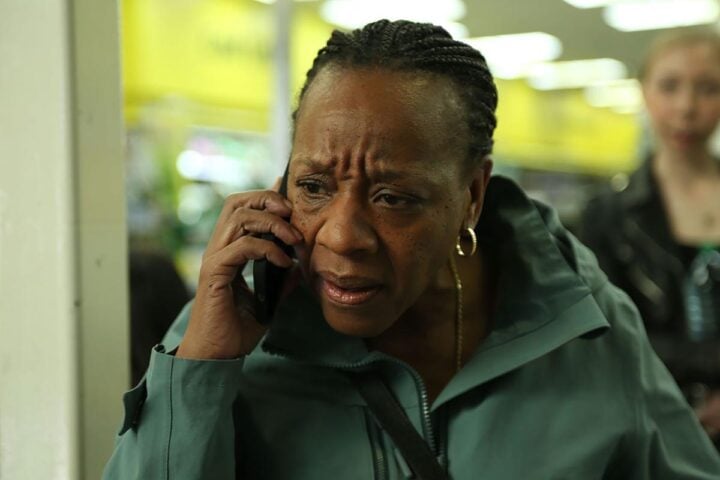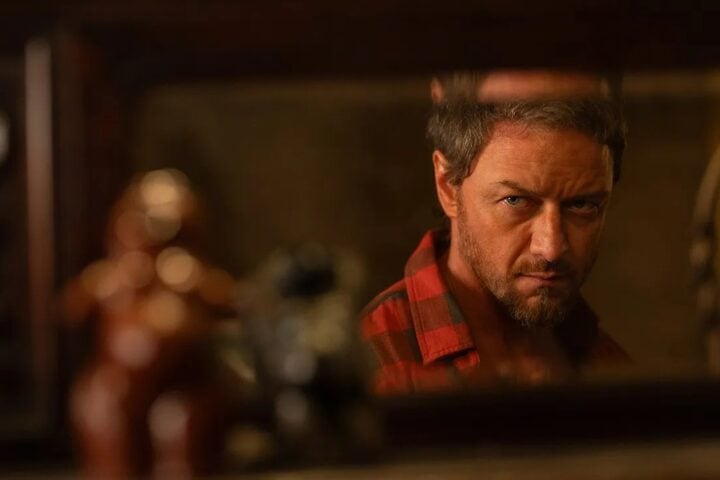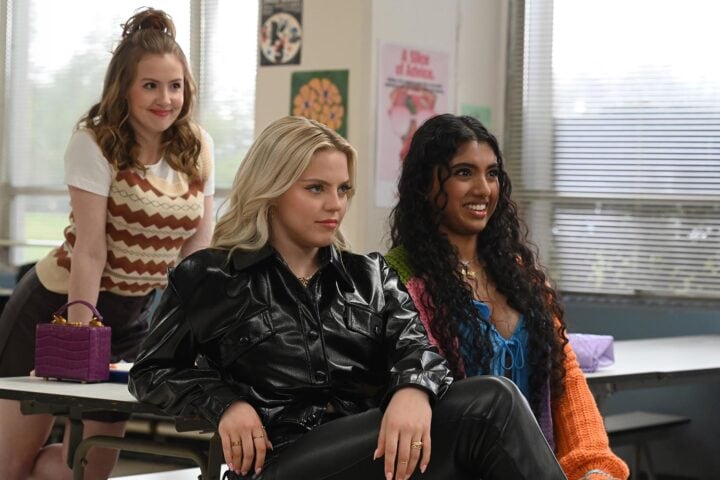The Bible being written about a region populated by brown people should be a matter of empirical fact for anyone trying to make a visual representation of the Old Testament. And yet, by and large, it’s just one of those facts that few creatives really run with, often settling for a Jerusalem awash in swarthy white guys, and to the embarrassment of all.
With that in mind, Jeymes Samuel gets points just for the sheer audacity of making, with The Book of Clarence, a big, beautiful, Biblical epic where, with only one exception, the only pale faces involved are Romans. It really, really shouldn’t feel like a big swing, but it is.
It’s likely with that sense of risk in mind that The Book of Clarence feels breathless, desperate as it is to cram every version of what a Black Bible story could look like into one film. It’s the cinematic equivalent of absolutely brutalizing a free meal when you don’t know when the next one will happen. Still, The Book of Clarence is determined to get the audience loose and laughing first, and to its credit, doesn’t make its comedic beats feel like an afterthought.
The setup is that Clarence (Lakeith Stanfield) and Elijah (RJ Cyler), two hustlers in debt to a local criminal named Jedediah the Terrible (Eric Kofi-Abrefa), decide to try walking in the footsteps of Jesus not out of a sense of religious enlightenment, but because being an apostle would make them untouchable. When they literally get laughed out of the room asking to be apostles, Clarence decides to level up the grift and become a new messiah.
The catch, though, is that Clarence is an avowed atheist, and much of his cult of personality is built off of the back of a journey that he takes early on, trying to figure out how to do Jesus’s “tricks.” And then the real-deal Christ does show up—embodied with dignity and beauty by Nicholas Pinnock—and The Book of Clarence begins to increasingly indulge in tonal twists and turns. As a result, it can be hard at times to get on the film’s wavelength, but it’s a testament to the talents of everyone involved that those twists and turns work.
While The Book of Clarence has been sold as the Black Life of Brian, and takes a structurally similar approach to story as the Monty Python classic, it’s also the Black Spartacus, the Black History of the World Part I, the Black Passion of the Christ, and the (much) Black(er) Prince of Egypt. What binds it all together is an extra, welcome dose of modern Black language, attitudes, and satire, delivered by a predominantly Black cast playing even the most ridiculous moments in Samuel’s script with an earnestness that keeps the film from becoming a cartoon.
The Book of Clarence has an energy that’s largely missing from its influences. It’s also something wholly unique: a film about a skeptic finding faith not in the word of God, but in the things men can do with the meager power and knowledge they have, about God existing far beyond one messiah’s famous deeds. That story is much more soberly told than the others colliding around in Book of Clarence’s 129 minutes, but it’s also, ultimately the strongest one.
The film does keep the smirking undercurrent of the first half present in the more serious second, but, slowly but surely, it starts asking big questions about the nature of God, what measure of divinity lies in us all, and the value of basic humanity and grace in a world where God’s intervention isn’t a given. Book of Clarence isn’t quite agnostic, but it does posit a more humanist approach to the subject not often seen on screen.
Since 2001, we've brought you uncompromising, candid takes on the world of film, music, television, video games, theater, and more. Independently owned and operated publications like Slant have been hit hard in recent years, but we’re committed to keeping our content free and accessible—meaning no paywalls or fees.
If you like what we do, please consider subscribing to our Patreon or making a donation.







“welcome dose of modern Black language”… Do Black people born in, say, Glasgow speak the same dialect of English as, day, Black people born in Rio de Janeiro? It’s interesting that the reviewer – and, it seems, this film – portrays them as having a universal language that is naturally not the same as white people’s language, even if they grew up in the same streets. Well of course, they all look the same so they must speak the same, right? Oh, and apparently all Black people have the same ‘attitudes’.
Welcome to America.